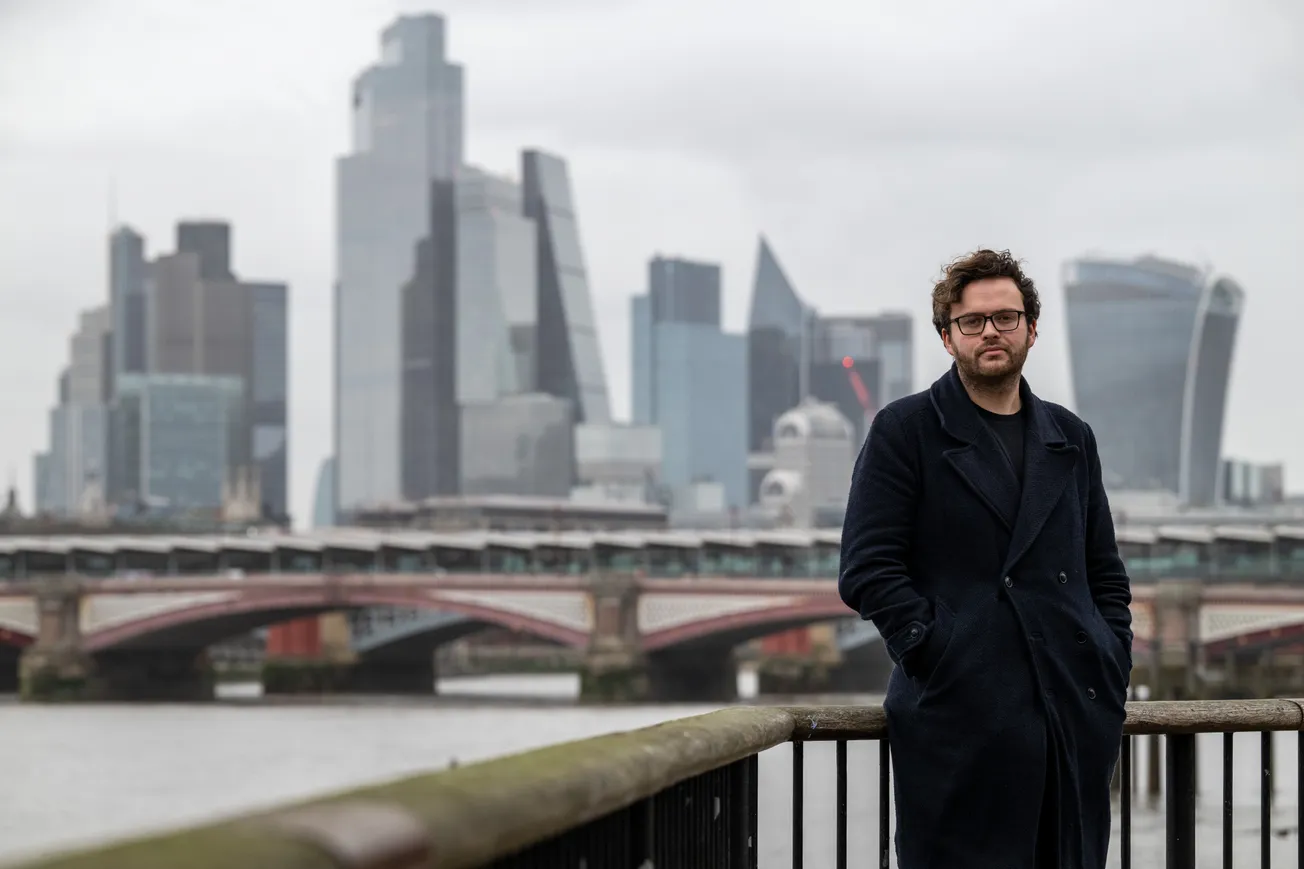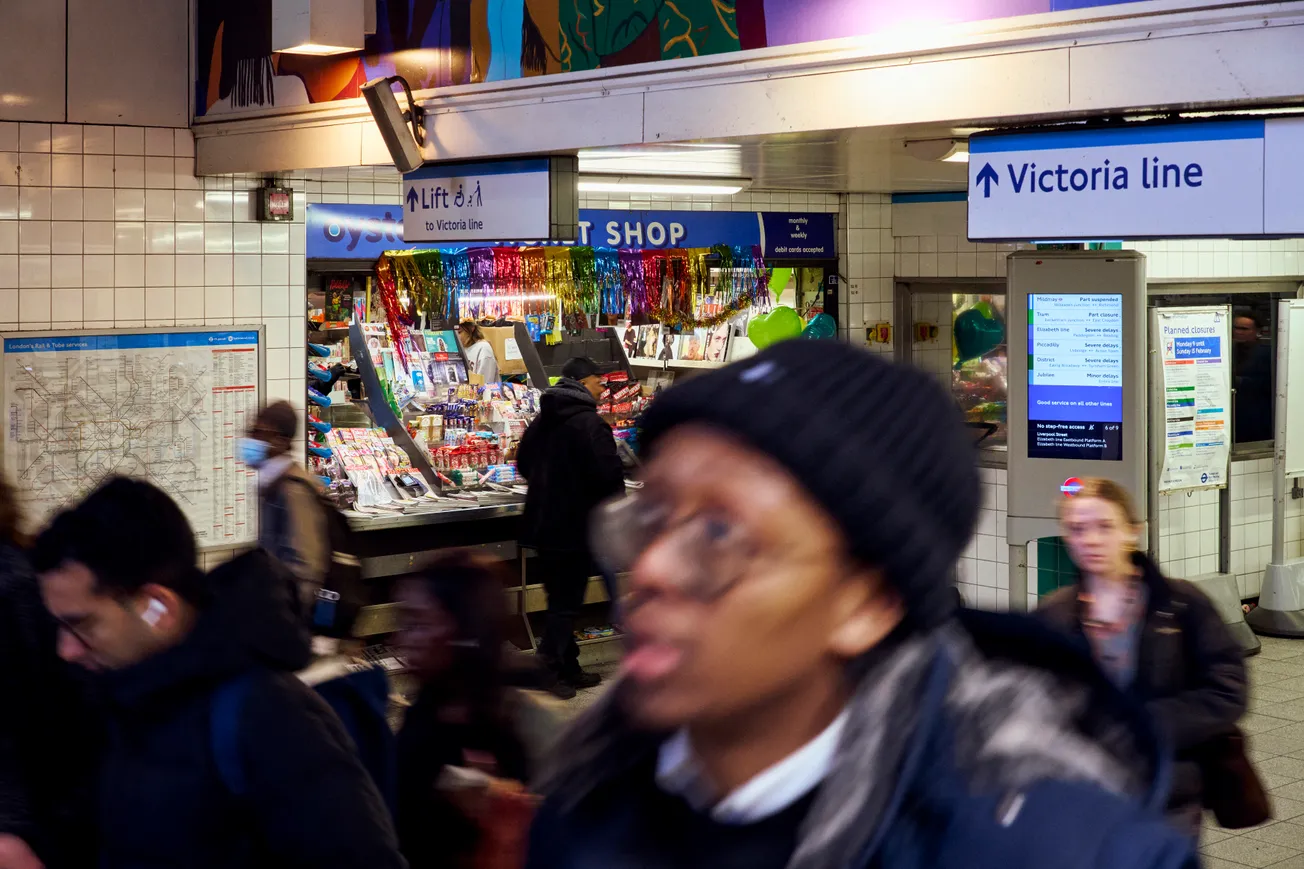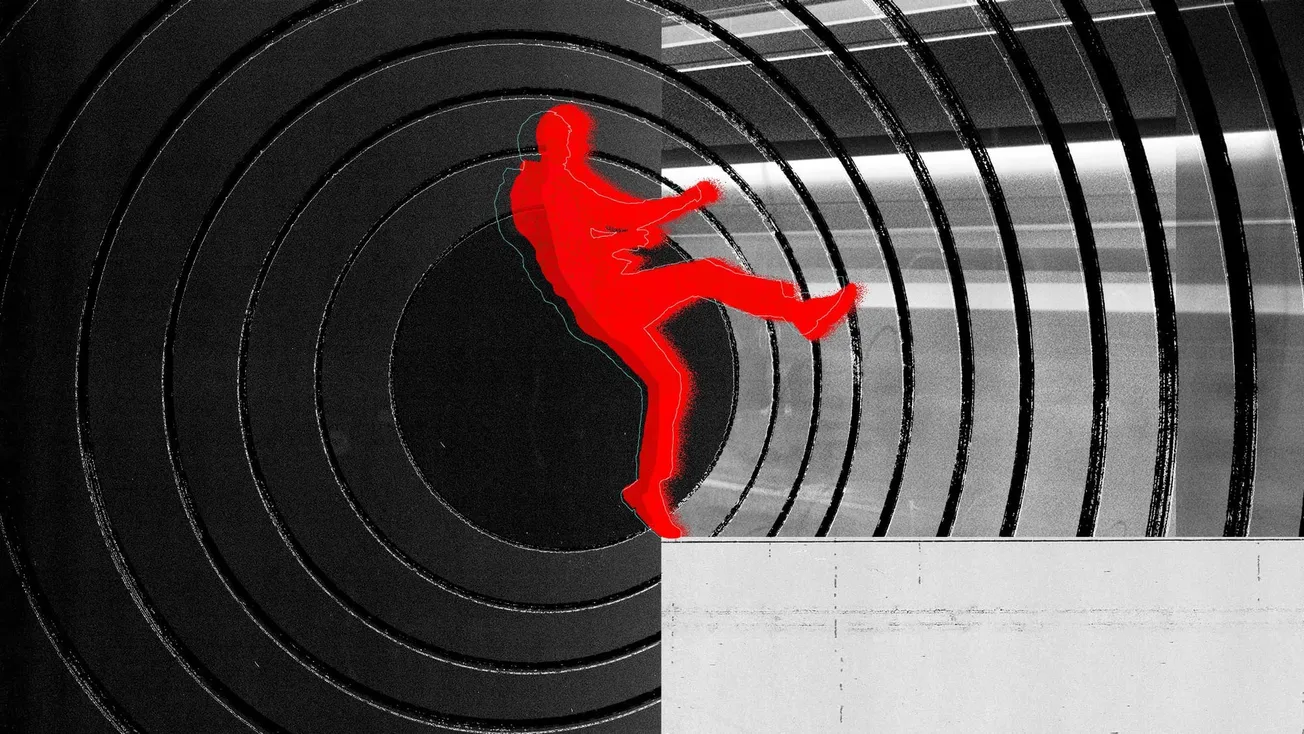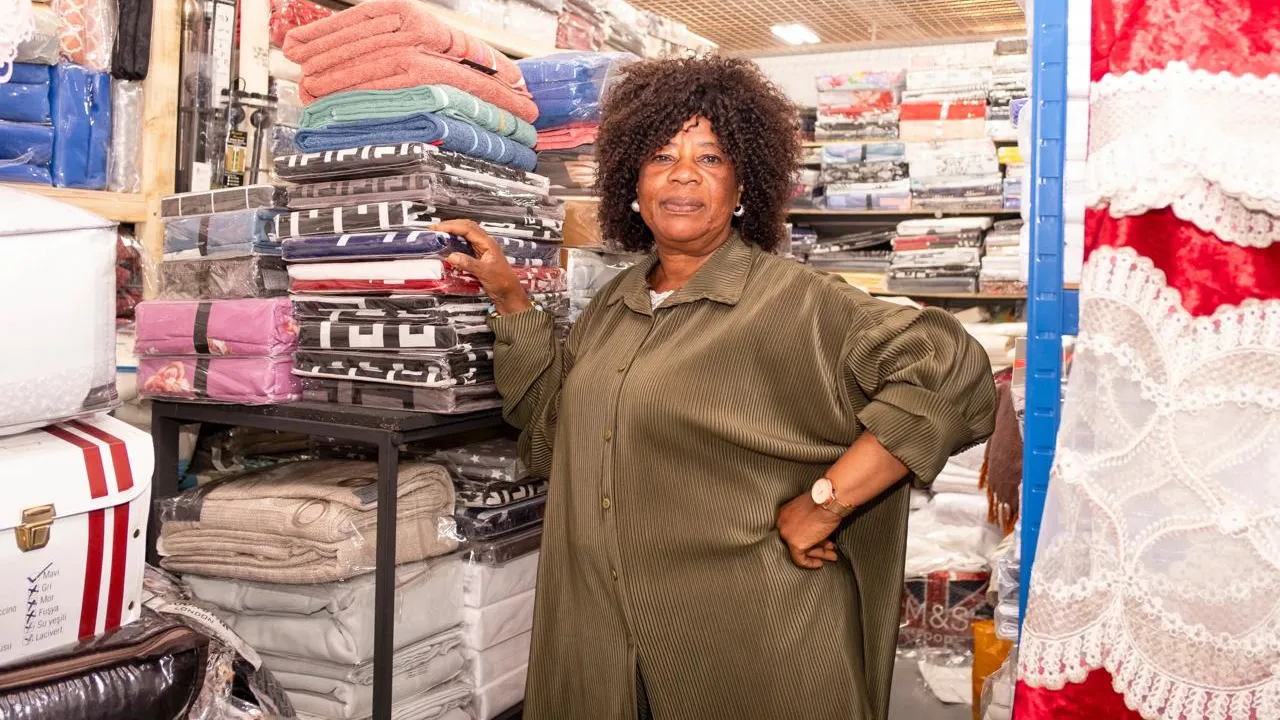It’s always strange where news stories come from. I’ve spent my career as an investigative journalist, and there’s never been a surefire way to find a scoop. Maybe the one thing a lot of my best pieces have in common is they often start with me looking over what the rich and powerful of the capital are up to.
When it comes to the wealthy, that’s often tricky — London has myriad ways for those with the most money to hide their dodgy dealings just out of view. As the old saying goes, money talks, but wealth whispers. But the powerful — or at least the politically powerful — do have to make some information public.
Around five weeks ago, I was looking through the register of interests of one of the most powerful people in London: Sadiq Khan. I hadn’t really expected to find anything. But then, hidden deep into the document, I did. His wife, Saadiya Ahmad, was holding several positions at the University of East London (UEL). It immediately struck me as odd; Ahmad is a lawyer, not an academic. It was intriguing.
Pulling on the thread a bit more, I decided to see if there were any other links between City Hall and the UEL. That meant trawling through the tens of thousands of records of financial transactions that the Greater London Authority (GLA) produces. Sure enough, there it was — a £1.6 million grant to UEL. A quick check of the dates was enough to raise immediate concerns — the funding was awarded eleven months after Ahmad took the post.
It didn’t look good. In fact, even when you leave Ahmad out of the picture, it was a strange decision. The promises being made were grand indeed. This money, if City Hall and UEL were to be believed, was going to make London ready for the “the needs of the next industrial revolution” and turn a disused building into a hub for hundreds of new sustainable businesses in Newham. Was it really realistic to expect this from what is ultimately a pretty small university nestled deep in the old docklands of Newham? Sources I spoke to suggested otherwise, with insiders telling me it was never going to work, and people working in London’s sustainability sector confused as to “why the city would even get involved with this kind of project” in the first place.
There was no alternative: I had to actually get out there and take a look. Upon arriving at UEL, it became clear the “regional hatchery for innovation, skills and enterprise” wasn’t living up to its billing. Between its empty rooms, and haphazard refurbishment, it became obvious that things weren't working. It turns out the scheme that had promised to produce hundreds of green jobs had created just 14.
Since launching, these kinds of deep dive investigations have become a staple of mine at The Londoner. Be it uncovering shady billion-pound deals for unsafe properties in East London councils, digging into a cult church that’s taking over London, debunking a supposed exodus of millionaires that the rest of the London press had reported on or our launch exposé on London Labour MP Jas Athwal’s role as landlord of an unsafe children’s home that profited from the council he ran. Those stories have often led to some pretty massive repercussions despite our relatively small size as an outlet — from councillors resigning, questions in City Hall and mentions by Keir Starmer to driving public campaigns and secondary coverage by almost every national newspaper.
You may have noticed that other local news doesn’t really do this kind of reporting any more. There’s a simple reason — it takes time. The reporting for this one story, for example, took well over two weeks.
You might think that’s time well spent — it’s an important story, after all. But then, you aren’t viewing things from the position of one of the three major news groups that own almost all the local titles in this country. They crave one thing — clicks — to feed the advertising revenue that is at the core of their model. Not only would an investigation like this take up much too much time that could be spent churning out vital reports on Martin Lewis’ latest TV appearance or scaremongering about the weather. But what if we end up in legal trouble? Just best to leave it well alone.
Here at The Londoner we think that’s a failure to carry out a newspaper’s duty: to hold power to account. We always want to make time to properly dig into stories, not being content with attempts to bat us away or distract us with other pieces. That’s not just about politics — one of our pieces last week looked deep into allegations that popular comedy club 21Soho hadn’t been paying its performers.
But to do that we need to build an alternative model. Because if we followed the tried, tested and deeply flawed model of most local newspapers, we’d have to chase the clicks. That would mean no proper investigations and no accountability.
We believe there’s a better way — to be funded by our members. That means we’re not answerable to big ad clients, or massive media groups. Instead we’re accountable to you. We know our readers want us to do proper reporting on their behalf. And if they’re the ones paying us, that’s what we’re incentivised to do.
So what kind of local news do you think London needs, or deserves? The cheap, low-quality kind? Or the kind that's thorough, and puts lots of time into digging out important stories?
If, like me, it’s the second, then we’re going to need more support. We currently run at a loss, and we can’t do that forever. To carry out our mission of shining a light into the darker corners of this city, we need Londoners of all stripes to get behind us.
And that means we need you.







